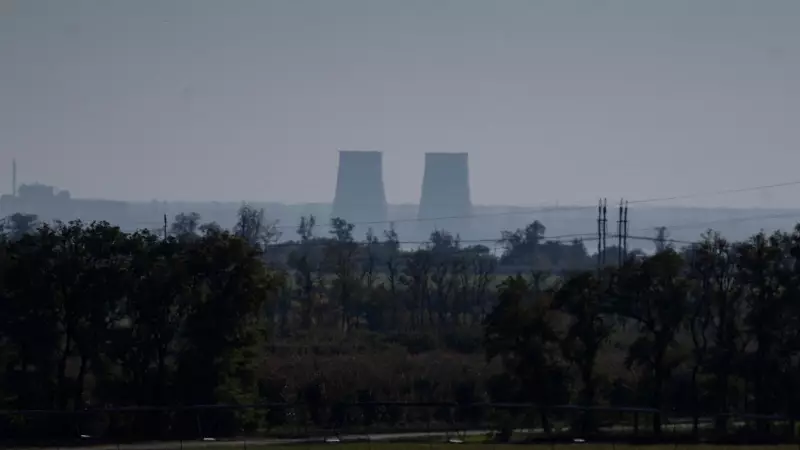
The fragile international consensus against nuclear testing is showing alarming signs of deterioration, creating a complex strategic environment that demands India's immediate attention. As major powers increasingly bypass established norms, New Delhi finds itself at a critical juncture where reassessing its nuclear options becomes not just prudent but necessary.
The Erosion of Global Nuclear Restraint
For decades, the Comprehensive Nuclear-Test-Ban Treaty (CTBT) represented a cornerstone of global non-proliferation efforts. However, recent geopolitical shifts have significantly weakened this framework. Major nuclear powers are modernizing their arsenals while showing diminished commitment to testing moratoriums, creating a dangerous precedent that could trigger a new era of nuclear proliferation.
India's Strategic Dilemma
India, which maintains a voluntary moratorium on nuclear testing since 1998, now faces a multipolar challenge. The changing global landscape raises fundamental questions about whether current policies adequately address emerging security threats. With neighboring nuclear powers advancing their capabilities, India must carefully weigh its options between maintaining its restrained posture and ensuring credible minimum deterrence.
Key Considerations for Indian Policy Makers
- Technological Advancements: Modern simulation capabilities may reduce the need for physical testing, but questions remain about their sufficiency for maintaining credible deterrence.
- Regional Security Dynamics: The evolving nuclear posture of neighboring states directly impacts India's security calculus and strategic requirements.
- Diplomatic Consequences: Any shift in India's testing policy would have significant international repercussions, affecting relationships with both allies and adversaries.
- Non-Proliferation Commitments: Balancing national security interests with global non-proliferation responsibilities presents a complex diplomatic challenge.
The Path Forward: Strategic Reassessment
India requires a comprehensive review of its nuclear strategy that accounts for the new global reality. This doesn't necessarily mean abandoning current commitments, but rather developing a more nuanced approach that ensures national security while contributing to global stability. The assessment must consider both technological capabilities and diplomatic positioning in an increasingly volatile international environment.
The window for strategic decision-making is narrowing. As the global consensus continues to fray, India cannot afford to be reactive. A proactive, carefully calibrated approach to nuclear policy is essential for navigating the uncertain waters of 21st-century geopolitics while safeguarding national interests and maintaining regional stability.






